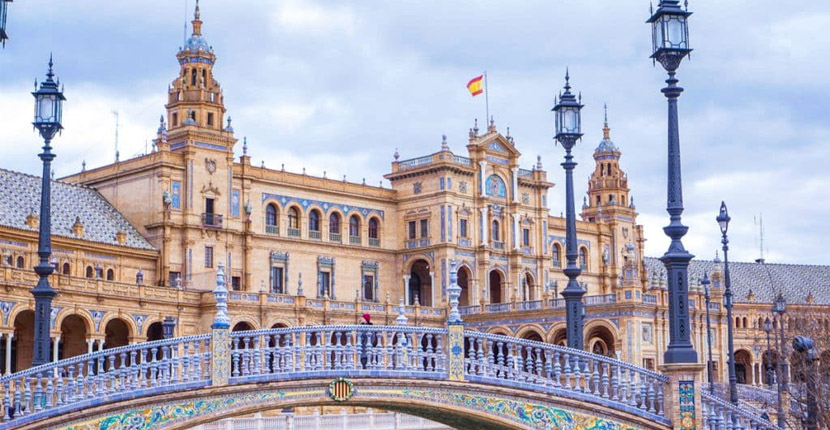Saturday, March 16, 2024

UK tourists venturing to Spain now find themselves facing a novel expense—a daily charge designed to fund environmental endeavors in popular regions like Catalonia and the Balearic Islands. Priced at £3 per day, this levy has stirred debates within the travel community, raising questions about its impact on tourism dynamics and travelers’ expenditures.
The introduction of the tourist tax marks a notable shift in Spain’s approach to sustainable tourism, with the collected funds earmarked for initiatives aimed at preserving the natural splendor of these coveted destinations. Proponents, including Malaga’s mayor, Francisco de la Torre, laud the initiative as a necessary measure to ensure that tourists contribute directly to the upkeep of city infrastructure and amenities enjoyed during their stay.
However, the implementation of the tax has met with mixed reactions, with critics voicing concerns over its potential to deter tourists and burden travelers with additional costs. Travel agents association ABTA has been vocal in its opposition, citing the risk of dampening tourism demand and competitiveness.
The pricing structure of the tourist tax varies depending on the accommodation type and seasonality. In Catalonia, for instance, guests staying in 5-star hotels during peak periods are subjected to a charge of 3.50 euros per night, while those opting for tourist flats incur a nightly fee of 2.25 euros, irrespective of the season. Such nuances in pricing underscore the complexity of managing tourism revenues and balancing environmental conservation with economic interests.
The Balearic Islands, renowned for their pristine landscapes and azure waters, spearheaded the adoption of the tourist tax as a means to bolster eco-friendly tourism initiatives. Despite facing criticism, the Balearic government remains steadfast in its assertion of the tax’s imperative role in safeguarding the islands’ ecological integrity, as articulated by Vice President Biel Barcelo.
Similar sentiments resonate in other Spanish cities grappling with burgeoning tourist footfall. Cordoba’s Mayor, Jose Maria Bellido, highlights the strain placed on historic sites by the influx of over two million visitors annually, signaling the inevitability of implementing a tourist tax to mitigate environmental impacts.
While the tourist tax aims to align tourism practices with sustainable principles, its efficacy and reception remain subjects of ongoing discourse. As travelers weigh the implications of this additional financial burden, the debate surrounding Spain’s tourist tax underscores the delicate balance between preserving natural resources and fostering tourism-driven economic growth.
Saturday, April 27, 2024